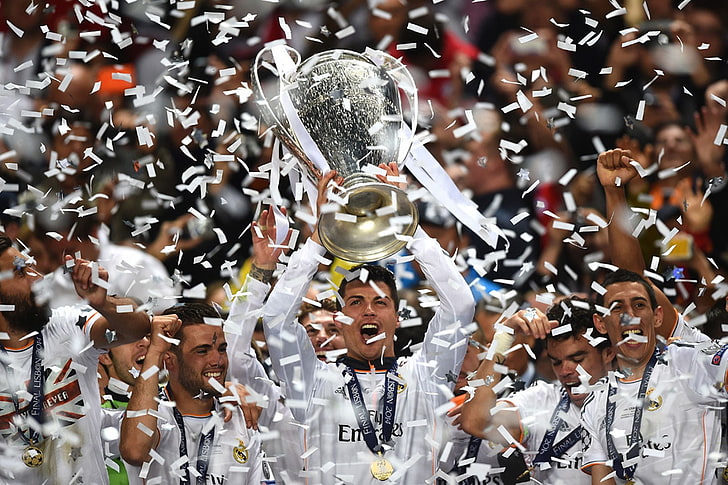In the realm of religious thought and cultural dialogue, the Bahá’í teachings advocate a profound commitment to unity and collaboration among diverse communities. Two remarkable figures who embodied this ethos were ‘Abdu’l-Bahá and Rabbi J. Leonard Levy. Their respective contributions to interfaith dialogue and social justice serve as a compelling narrative of how individuals can catalyze collective movements towards harmony, understanding, and mutual respect among religions.
1. The Legacy of ‘Abdu’l-Bahá: A Beacon of Unity
‘Abdu’l-Bahá, the son of Bahá’u’lláh and the appointed leader of the Bahá’í Faith, is revered for his teachings that emphasize the oneness of humanity. Born in 1844 in Persia, he was thrust into a tumultuous world filled with religious strife, political oppression, and social inequality. This background cultivated in him a profound sense of empathy and determination to foster unity across various societal divides.
‘Abdu’l-Bahá’s travels to the West, particularly his pivotal tour of America in the early 20th century, were instrumental in disseminating Bahá’í principles. He spoke fervently about the necessity for unity among people of all backgrounds. His address at the Parliament of the World’s Religions in 1893 highlighted a significant pivot in religious discourse, where he implored leaders to embrace the noble ideals of love and cooperation.
‘Abdu’l-Bahá articulated that the advancement of civilization hinges upon the eradication of prejudice. His belief that every individual possesses an innate capacity for greatness and that unity transcends national, racial, and religious barriers remains a cornerstone of Bahá’í teachings. By positing that humanity is one family, he fostered an environment ripe for dialogue and understanding.
2. Rabbi J. Leonard Levy: The Bridge Builder
Contemporaneously, Rabbi J. Leonard Levy emerged as a stalwart advocate for Jewish-Christian dialogue and an active participant in the interfaith movement. Born in 1904, he devoted his life to promoting mutual respect among diverse faiths. His scholarship and activism were a testament to his conviction that peace could only be achieved through collaborative efforts among the world’s religions.
Levy’s approach mirrored that of ‘Abdu’l-Bahá, emphasizing the importance of recognizing the shared moral and ethical foundations of the Abrahamic faiths. His writings and speeches championed the idea that religious communities could transcend historical grievances and work collectively towards common goals. He believed that dialogue was not merely a means to an end but a necessity for genuine understanding. Levy’s vision encompassed a world where interfaith relations could flourish, breaking down walls of misunderstanding and mistrust.
3. Convergence of Visions: Unity in Diversity
The intersection of ‘Abdu’l-Bahá’s and Rabbi Levy’s ideologies illuminates a profound narrative about the potential for unity amidst diversity. Both figures recognized that the prevalent divisions in society stemmed from an inadequate understanding of one another’s beliefs and values. They fostered an environment where open dialogue could dismantle the barriers erected by ignorance and prejudice.
One of their shared principles was the transformative power of education. Education, in their view, was not a mere accumulation of knowledge but a tool for spiritual and moral development. Both advocated that a spiritually enlightened populace would propel society toward justice and equality. The call to action was profound: to cultivate understanding through educational initiatives that encompassed the virtues espoused by their respective faiths.
4. Practical Implications: Building a Culture of Peace
Implementing the teachings of ‘Abdu’l-Bahá and Levy necessitates a multifaceted approach in contemporary society. Community leaders, educators, and activists can draw inspiration from their legacies to foster environments where dialogue thrives. Collaborative projects that bring together individuals from various faiths can serve as practical manifestations of unity. Interfaith dialogue circles, joint humanitarian efforts, and community service projects can become beacons of hope for societies yearning for harmony.
Moreover, the integration of their teachings into educational curricula can inspire future generations to appreciate diversity. Initiatives aimed at fostering critical thinking and empathy among students can facilitate a culture that not only tolerates but celebrates differences. This paradigm shift in perspective encourages individuals to move beyond mere coexistence to active engagement in the promotion of justice and understanding.
5. The Call for Modern Champions of Unity
In an age marked by polarization, the lessons imparted by ‘Abdu’l-Bahá and Rabbi Levy resonate with renewed urgency. The ongoing challenges of globalization, migration, and cultural transformation necessitate champions of unity who can embody and advocate for these timeless principles. Faith leaders, educators, and individuals of goodwill are called upon to perpetuate the dialogue initiated by these figures, ensuring that the vision of a unified humanity is prioritized in the face of adversity.
Ultimately, the teachings of ‘Abdu’l-Bahá and Rabbi J. Leonard Levy foster a rich tapestry of thought, rooted in the conviction that unity is indispensable for the advancement of humanity. Promoting interfaith dialogue and mutual understanding offers not only promises of transformation but also paves the way for a future where diversity is not merely acknowledged but revered. By embracing this profound legacy, individuals can become proactive agents of change, embodying the spirit of oneness championed by these visionaries.
In conclusion, the path toward a harmonious existence necessitates the courage to engage, the wisdom to listen, and the heart to understand. By heeding the teachings of ‘Abdu’l-Bahá and Rabbi J. Leonard Levy, we embark on a journey towards becoming true champions of unity, paving the way for a world that embraces its rich diversity and shared humanity.
